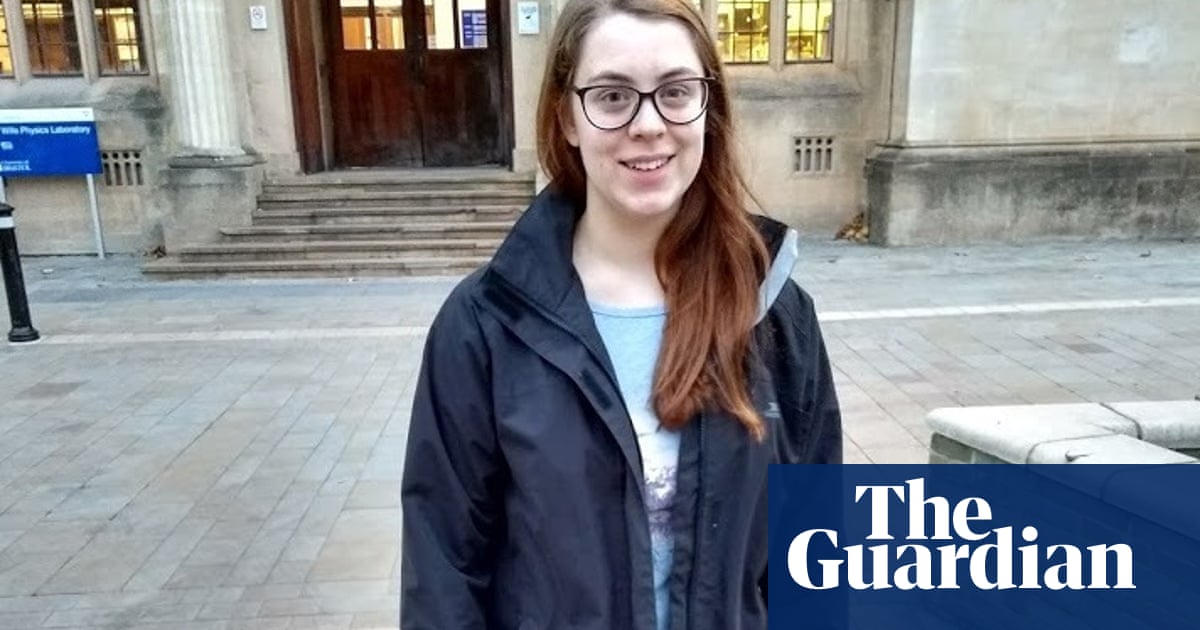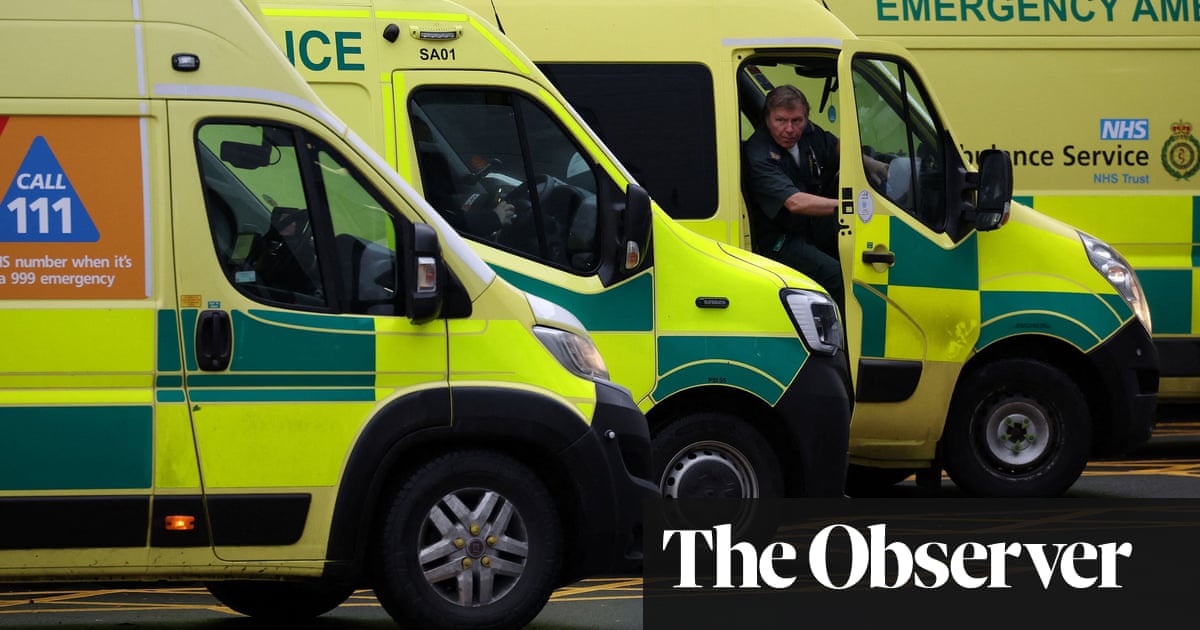
Bereaved parents whose children have killed themselves while at university have criticised the government’s planned review of student suicides in England, describing it as “a slap in the face” for families.
The higher education minister, Robert Halfon, announced the national review earlier this year amid mounting concern over student mental health and a series of suicides that attracted widespread coverage in the media.
However, parents say there are “significant shortcomings” in the proposed terms of reference for the student suicide review. They say the timeframe is too short, looking primarily at suicides and “near misses” – a term they describe as insensitive – in the 2023-24 academic year.
They are also concerned that the review as proposed will not be sufficiently rigorous or independent, and will be limited instead to a meta-analysis of internal university reports into a student’s suicide, produced by the very institutions that many parents blame for not taking adequate care of their child.
A report by ForThe100, a national group of bereaved parents campaigning for higher education students to be owed a minimum standard of legal protection enshrined in a statutory duty of care, is calling on the government to revise the planned review.
“We urge the government and the taskforce to thoroughly re-evaluate their proposal and put in the necessary effort to rectify its considerable shortcomings,” the report says. “We all owe this to those students who have already been harmed or died and to current and future generations of students.”
The report also calls for the focus to shift from blaming students for struggling, to addressing the underlying systems that leave them vulnerable. “Rather than merely praising resilience, there should be a concerted effort to bring about systemic changes in the higher education landscape.”
Bob Abrahart, the father of Natasha, who killed herself in April 2018 aged 20 while a student at the University of Bristol, accused the government of ignoring the evidence parents had gathered and said it was “a slap in the face” for bereaved families. “Their actions, if unchanged, will result in more lives being lost,” he said.
“They just want things to stay as they are, even though it’s risky. This is really hurtful to families who are grieving and want things to get better. Their attempt to fix a broken system is rushed and doesn’t do what’s really needed.”
The government announced details of the review in June after a Westminster Hall debate during which Halfon rejected bereaved parents’ calls for a legal duty of care for students in higher education.
New data from the British Association for Counselling and Psychotherapy (BACP), based on a survey of 3,000 members, found that 57.6% of therapists working with students in further and higher education had reported seeing an increase in stress among their clients over the past year.
BACP’s children, young people and families lead, Jo Holmes, said: “From increasing academic and rising financial pressures, the consequences of the pandemic and impact of university strikes, to loneliness and a poor work-life balance, students have faced a ‘perfect storm’ of stress that’s seriously impacting their mental health and wellbeing.
“Worryingly, but not surprisingly, our survey shows that student stress is on the rise. We also know from previous data that demand for university counselling services is also on the rise too. Universities need professional counsellors working for in-house services, so students have access to the right support, at the right time.”
The Department for Education has been approached for comment.
In the UK and Ireland, Samaritans can be contacted on freephone 116 123, or email jo@samaritans.org or jo@samaritans.ie. In the US, you can call or text the National Suicide Prevention Lifeline on 988, chat on 988lifeline.org, or text HOME to 741741 to connect with a crisis counselor. In Australia, the crisis support service Lifeline is 13 11 14. Other international helplines can be found at befrienders.org












